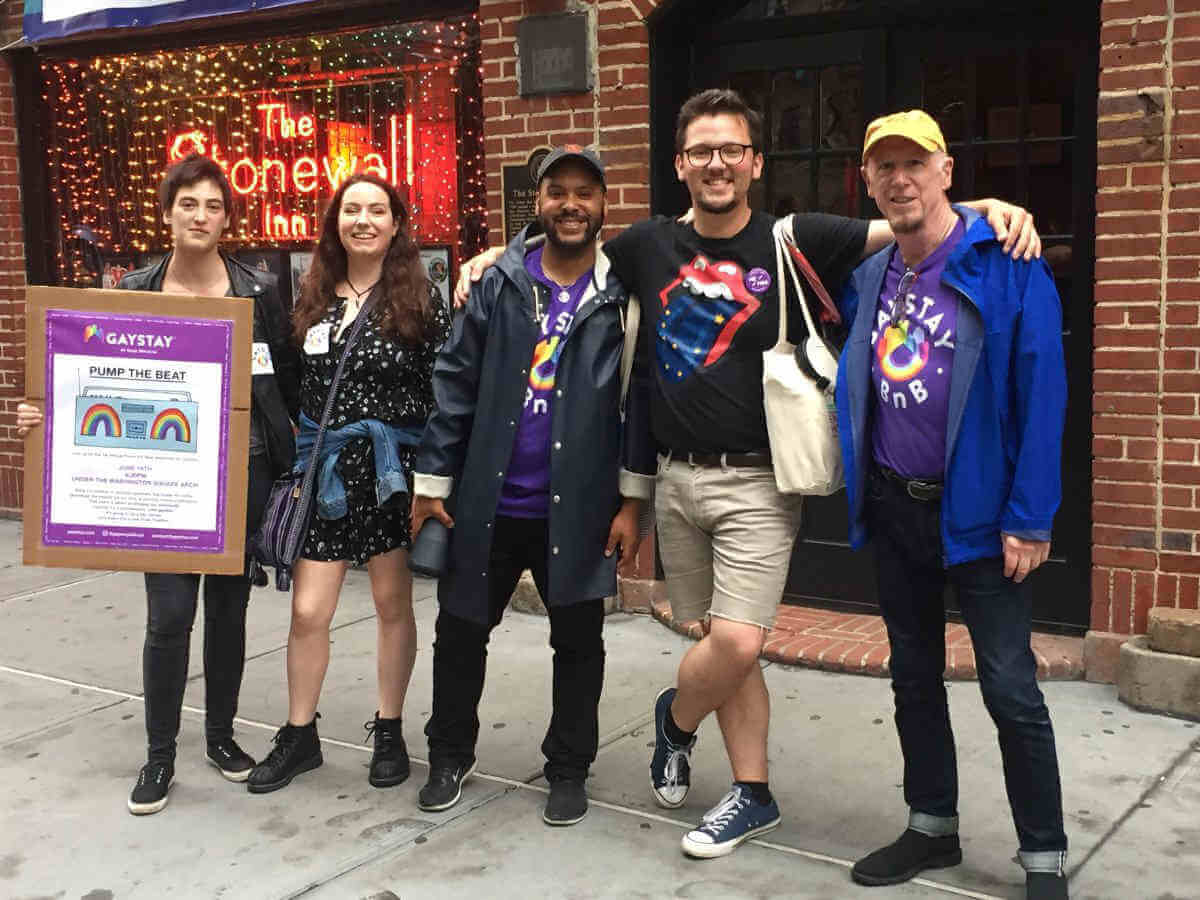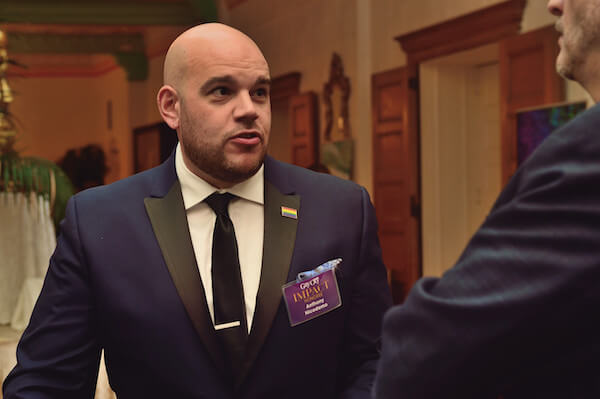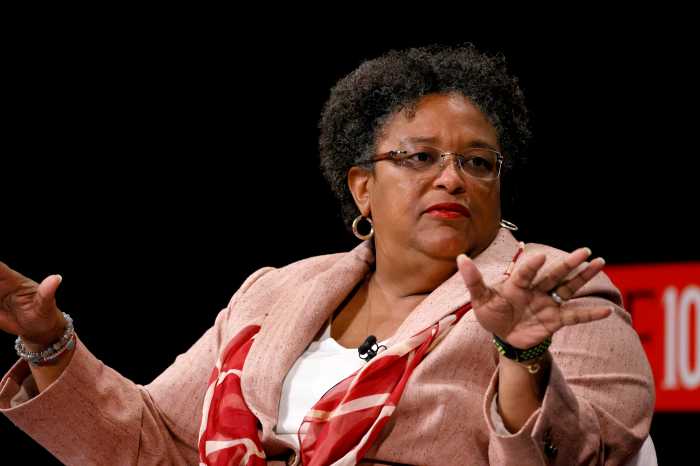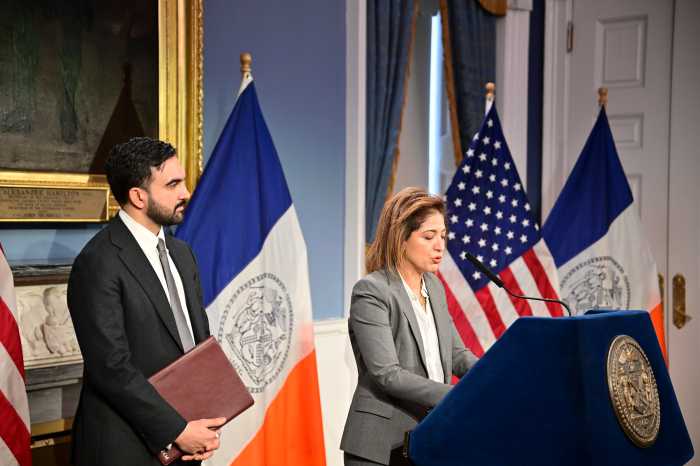Door-to-door canvassing and postcard mailings are typical components of a political campaign, but Victor Mantilla Colon and Phillip Seymour aren’t running for office.
The New York-based duo are employing these marketing tactics as part of their goal of expanding GayStay, the home-sharing business they founded together in 2016 in response to the lack of BnB operations that cater to the diverse LGBTQ community.
Their operation is still in the early stages of development — they currently offer about 40 listings encompassing domestic and international locations — and the founders aim to eventually reach 100 listings. The domestic listings are scattered around US cities as well as rural areas and Puerto Rico, and there are a handful of international locations from Curaçao to Italy.
The men are in the process to seeking outside investors to raise several hundred thousand dollars to inject more firepower into their marketing effort, but for the time being they are combining digital efforts with old-fashioned face-to-face canvassing runs in neighborhoods like Harlem, Williamsburg, Park Slope, and Gramercy Park in search of host venues. They’re also delivering postcards to LGBTQ-friendly bed and breakfast locations to invite them to list their locales on GayStay. Their digital effort includes posting social media ads and emailing press releases to players in the industry across the nation, and they have presented GayStay opportunities at travel conferences.
There are other similar operations to GayStay, like MisterBNB, but many cater primarily to gay men — and Colon and Seymour are branding GayStay as an inclusive option that targets all LGBTQ people and allies. Thus far, they said, that has worked to their advantage because they have noticed more interest among women than men.
GayStay also eschews advertising on erotic sites like Pornhub.
Colon and Seymour require all participating sites to sign a nondiscrimination agreement to maintain safe and respectful interactions as part of their effort to foster a friendly environment where hosts and guests alike can feel like they’re part of a community. They also allow hosts to list their homes for free, giving them an extra incentive. Aiming to build trust among users, the duo utilizes a thorough screening process — something that they say distinguishes them from corporate giants like Airbnb.
“Airbnb became a huge conglomerate, and with recent trouble they never really paid attention to their hosts and never really vetted them,” Seymour maintained. “We begin by vetting our hosts from the beginning.”
Like other home-sharing platforms, the founders must be cognizant of the ongoing regulatory attention toward short-term rental operations. Stories have emerged of hosts abusing home-sharing services by turning their residences into illegal hotels, prompting demands for legislative solutions to curtail short-term rentals that critics say lead to increased rents. With court challenges, however, the regulatory environment remains in flux.
Colon and Seymour defended the existence of home-sharing services that can assist folks who could use the cash.
“As someone who grew up as a marginalized person, that extra income does help,” Colon said. “At the end of the day it helps people pay cell phone bills and stash away money.”
The duo is confident that regulatory hurdles are largely in the rearview mirror, at least in New York. While they initially focused on finding hosts to provide a wide complement of offerings, they’re now looking ahead to recruiting travelers interested in finding LGBTQ-friendly lodging options.
“We are starting to market to guests,” Seymour said. “We still want to build up the number of hosts and then market to guests to come to the host.”
How soon the pair can reach that magic number of 100 listings is not clear, but they do have 10 pending listings they are in the midst of vetting. They’re hopeful that GayStay’s unique position as a comprehensive LGBTQ home-sharing service will help them capture demographic groups that have previously been left out.
“There are other competitors but none of them say LGBT and allies,” Seymour said. “We are trying to move toward that and get more people interested in us.”


































